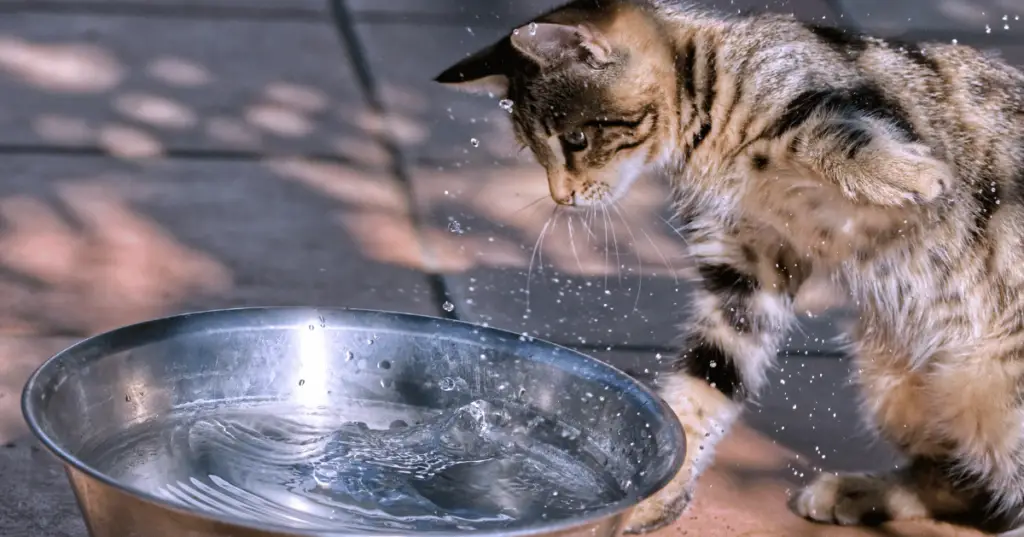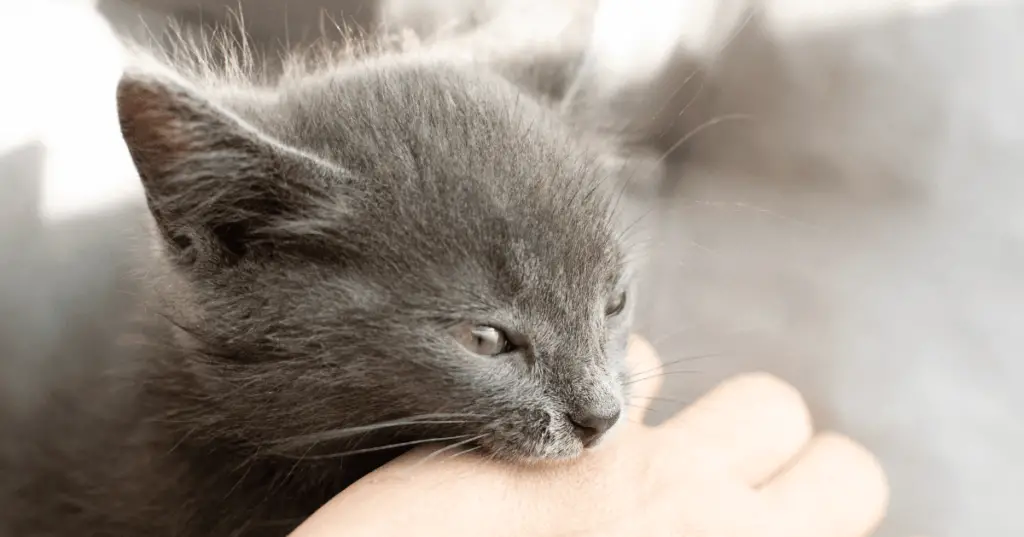Introduction
Determining whether your feline friend is expecting can be an exciting, yet anxious time. Knowing how to identify the signs of pregnancy in your cat can help you provide the appropriate care and prepare for the new arrivals. In this comprehensive guide, we’ll explore various indicators that can tell if a cat is pregnant, encompassing physical signs, behavioral changes, and medical confirmations. Additionally, we’ll provide tips on caring for your pregnant cat to ensure she and her kittens stay healthy.
Physical Signs of Pregnancy in Cats
Nipples Enlarging and Changing Color
One of the earliest signs of pregnancy in cats is a change in their nipples, often referred to as “pinking up.” Around the third week of pregnancy, you may notice that your cat’s nipples become more prominent, pinker, and slightly enlarged. This physical change indicates that her body is preparing to nurse her kittens.
Weight Gain and Enlarged Abdomen
A noticeable gain in weight and a rounded abdomen are clear signs of a cat’s pregnancy. Typically, these changes become more evident around the fifth week. Unlike regular weight gain due to overeating, a pregnant cat’s abdomen will enlarge more uniformly and be firmer to the touch. If you observe this kind of growth, it might be time to check in with a vet for confirmation.
Increased Appetite
As the pregnancy progresses, you may notice an increase in your cat’s appetite. This change is due to the nutritional demands of growing kittens. Offering high-quality, nutrient-dense cat food will help meet these needs and support her overall health during this crucial period.
Behavioral Changes
Nesting Behavior
Around two weeks before giving birth, a pregnant cat may start exhibiting nesting behaviors. She will search for a quiet, warm, and comfortable place to give birth. Providing a cozy, secluded area with blankets or towels can help her feel secure as the due date approaches.
Increased Affection or Irritability
Hormonal changes during pregnancy can affect your cat’s temperament. Some cats become more affectionate, seeking extra attention and cuddles, while others may become irritable or reclusive. Being mindful and patient with behavioral changes is essential, as this time can be quite confusing for your feline friend.
Medical Confirmation
Veterinary Examination
If you suspect your cat is pregnant, scheduling a veterinary examination can provide a definitive answer. Vets can often palpate (feel) the abdomen to check for growing kittens as early as the third to fourth week of pregnancy. However, be cautious—do not attempt to palpate a cat’s abdomen yourself, as this can harm the kittens.
Ultrasound and X-rays
Veterinarians can use ultrasound to confirm a cat’s pregnancy as early as three weeks. An ultrasound can reveal the presence of embryos and estimate the number of kittens. X-rays are usually taken later in the pregnancy, around day 45, to provide a clearer picture of the growing kittens and estimate when your cat might give birth.
Diet and Nutrition
Ensuring your pregnant cat receives adequate nutrition is crucial for her health and the development of her kittens. Switching to a high-quality kitten food during pregnancy can provide the essential nutrients needed. Divide her meals into smaller, more frequent servings to accommodate her smaller stomach size as her belly grows.
Prenatal Care
Regular veterinary visits throughout the pregnancy are vital for monitoring her health and that of her kittens. Keep an eye out for any unusual symptoms like lethargy, excessive vomiting, or refusal to eat, and report them to your vet promptly.
Creating a Safe Space
Providing a safe, comfortable space for your cat to nest in is key to reducing stress and ensuring a smooth birthing process. Choose a quiet area away from household traffic and place a box or a soft bed there for her to give birth. Encourage her to use this space by placing familiar items like her favorite blanket or toys.
Conclusion
Recognizing the signs of pregnancy in your cat can help you better prepare for the arrival of new kittens. By paying attention to physical changes, behavioral shifts, and seeking medical confirmation, you can ensure both the mother cat and her kittens are healthy and well-cared for.
Resources & Further Reading
For more information on cats and their behavior, visit Catszilla.com. You might also be interested in reading about the charming and captivating story of Mowie.cat, a furry star who has captured hearts around the world.



